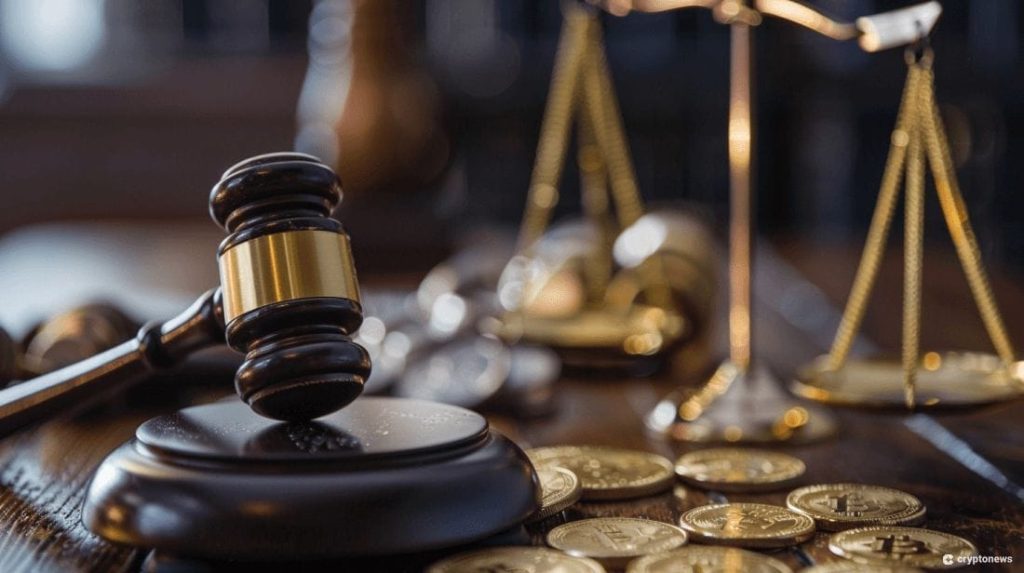French President Emmanuel Macron addressed rumors that the arrest of Telegram founder Pavel Durov was politically motivated, clarifying that it was part of an ongoing judicial investigation and not a political decision. Durov was arrested in Paris on suspicions that Telegram was being used for illicit activities like drug trafficking, child pornography, and terrorism. Critics argue that Durov’s detainment is a violation of free speech and anti-censorship principles, particularly concerning to the blockchain sector. Macron’s statement reaffirmed France’s commitment to freedom of expression, communication, innovation, and entrepreneurship.
In response to Durov’s arrest, Telegram issued a statement asserting their compliance with EU laws, including the Digital Services Act, and their ongoing efforts to improve moderation standards. The messaging app highlighted that Durov is transparent and frequently travels to Europe, refuting claims that they are responsible for abuse on the platform. Despite global figures like Elon Musk and RFK Jr. voicing support for Durov, not everyone in the Web3 community was displeased with his detainment. Some, like William Shatner, praised the arrest, citing Telegram’s failure to prevent fraud and scams on the platform.
Founded in 2013 by Pavel Durov and his brother Nikolai, Telegram has achieved a valuation exceeding $30 billion. However, recent reports indicate that Durov has resisted cooperating with authorities investigating the legality of the messaging app. Paris prosecutor Laure Beccuau stated that Durov may be held through Wednesday, August 28. The arrest has sparked a debate on the balance between freedom of expression and responsibility for content on digital platforms, with some supporting Durov’s stance on encryption and privacy, while others criticize the lack of accountability for harmful activity on Telegram.
The controversy surrounding Durov’s arrest has reignited discussions on government intervention in digital platforms, particularly when used for illegal activities. France’s detainment of the Telegram CEO has drawn both criticism and support from various quarters, with concerns raised about potential censorship and violations of free speech. Durov’s apprehension sheds light on the challenges faced by tech companies in balancing user privacy and security with regulatory compliance, highlighting the complex interplay between technology, law enforcement, and individual rights.
As the situation unfolds, stakeholders in the tech and crypto industries will be closely watching the developments surrounding Durov’s arrest and its implications for digital platforms’ operations. The case underscores the importance of transparent communication, regulatory clarity, and adherence to legal frameworks in the fast-evolving landscape of digital technologies. Macron’s assertion of France’s commitment to democratic values and the rule of law reflects the broader global discourse on the role of governments in regulating online spaces while safeguarding fundamental rights and freedoms. Ultimately, the resolution of Durov’s case may set precedents for future legal battles between tech innovators and regulatory authorities seeking to enforce compliance with laws governing digital platforms.


